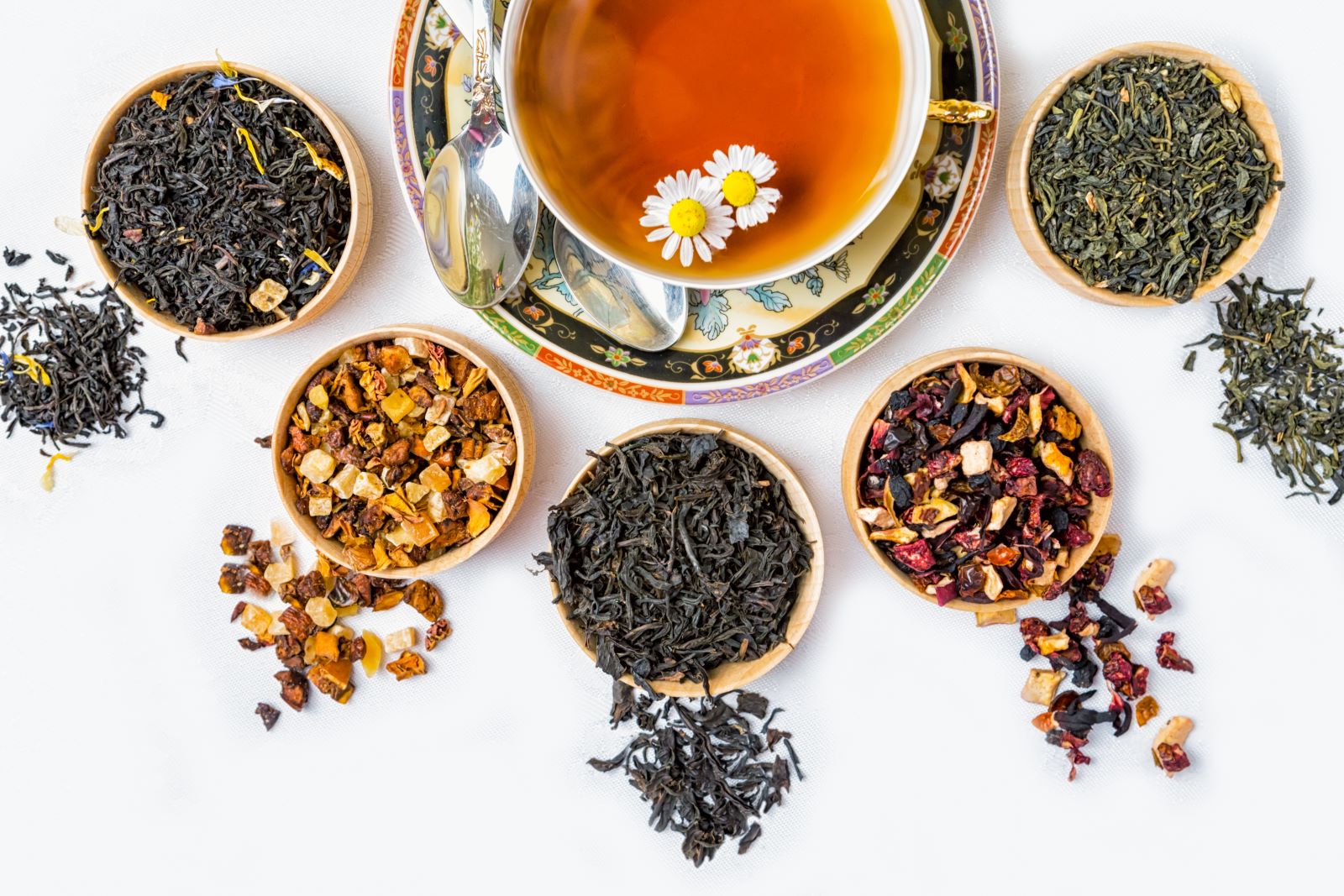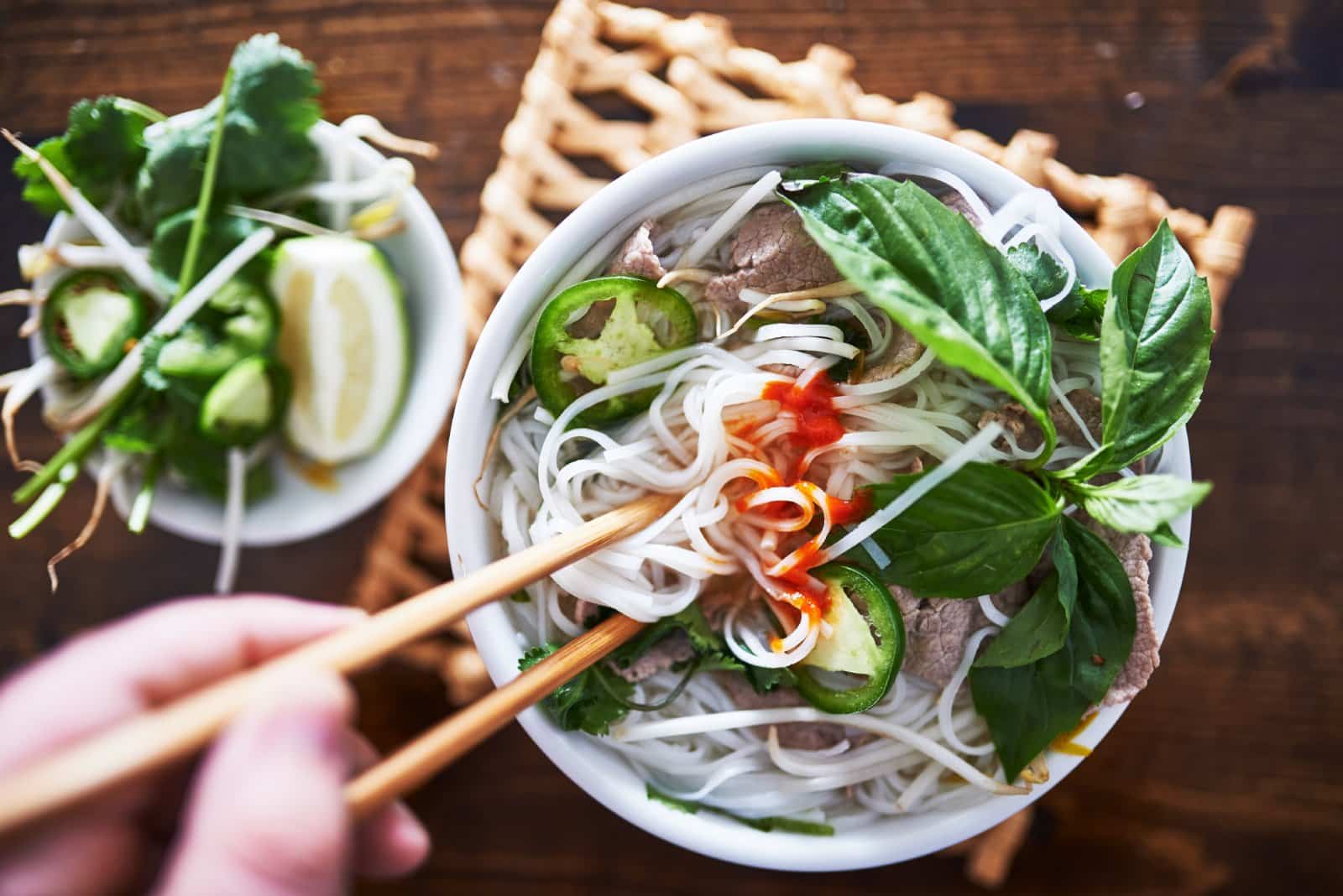15 Ways Political Polarization Harms Democracy
Ever feel like the country is more divided than ever? You’re not alone. Political polarization has become a growing problem, and it’s putting a serious strain on democracy. But if we can understand how it is happening might be the first step in fixing it.
A Nation Divided

It turns out that political polarization isn’t just about disagreeing with your neighbor over who should be president. It’s about deep divides that affect every part of our lives—from the news we watch to the friends we keep. And these divides are holding democracy back in ways that are becoming harder to ignore.
Compromise? What’s That?

One of the cornerstones of democracy is compromise, but in a polarized political landscape, compromise becomes almost impossible. When political parties are more concerned with winning than governing, finding common ground becomes a rarity. This lack of compromise leads to legislative gridlock, where important policies and laws are stalled indefinitely, leaving the needs of the people unmet.
Media Echo Chambers

Let’s talk media. With the rise of 24-hour news cycles and social media, it’s easier than ever to surround yourself with information that only reinforces your existing beliefs. These echo chambers intensify polarization by feeding us a steady diet of confirmation bias, making it harder to see the other side’s perspective and easier to vilify those who disagree.
Voter Disengagement

Ever wonder why voter turnout seems lower than it should be? Polarization might be to blame. When the political climate is so hostile, many people feel disillusioned or even intimidated to vote. They may think their vote won’t make a difference, or they just don’t want to engage with the toxicity of political discourse. This disengagement weakens the very foundation of democracy.
Gerrymandering: Drawing Lines in the Sand

Gerrymandering is another way polarization holds democracy back. When political districts are drawn to favor one party over another, it creates “safe” districts where politicians only have to appeal to their base. This reduces competition, encourages more extreme candidates, and alienates moderate voters who feel their voices aren’t heard.
Judicial Polarization

The courts are supposed to be above politics, right? Not anymore. As political polarization seeps into the judiciary, we see more judges making decisions based on ideological beliefs rather than legal principles. This undermines the public’s trust in the judicial system and turns the courts into yet another battleground for partisan politics.
Policy Ping-Pong

Political polarization leads to what can be described as policy ping-pong. Every time a new party takes control, they spend a significant amount of time undoing the policies of the previous administration. This back-and-forth not only wastes time and resources but also creates instability, making it difficult for long-term policies to take root.
Erosion of Trust

Trust in government institutions is vital for a healthy democracy, but polarization is eroding that trust. When political leaders constantly demonize their opponents and the institutions they run, it creates a climate of suspicion and fear. People start to doubt the legitimacy of elections, the media, and even the rule of law, leading to a crisis of confidence in democracy itself.
Rise of Extremism

Polarization doesn’t just push people to the left or the right—it pushes them to the extremes. As moderate voices are drowned out, extremist rhetoric gains traction, leading to increased political violence and a more divided society. This rise in extremism can destabilize democracy and make it harder to achieve any form of consensus.
Legislative Gridlock

We’ve all seen it: Congress in gridlock, unable to pass even the most basic of legislation. Polarization turns every issue into a partisan battle, where winning is more important than governing. The result? Important legislation gets stuck, and the needs of the people are ignored.
Erosion of Civil Discourse

Remember when people could disagree respectfully? Polarization has eroded civil discourse, replacing thoughtful debate with shouting matches and social media flame wars. This toxic environment discourages constructive dialogue and makes it harder to solve the complex problems that democracy is supposed to address.
Undermining Elections

When polarization is extreme, elections themselves come under attack. Allegations of fraud, voter suppression, and manipulation become more common as each side tries to discredit the other. This not only undermines the electoral process but also shakes the very foundation of democratic governance.
Decline in Bipartisanship

Bipartisanship is essential for a functioning democracy, but polarization has made it almost obsolete. When politicians are more concerned with party loyalty than the common good, bipartisan efforts become rare. This decline in bipartisanship means fewer opportunities to create comprehensive, lasting solutions to national problems.
Impact on Local Governance

Polarization isn’t just a national issue—it trickles down to state and local governments, too. Local issues that once transcended party lines are now deeply politicized, leading to division within communities and hindering local problem-solving efforts.
Polarization in Education

Finally, polarization is even making its way into our schools. The politicization of education, from curriculum content to mask mandates, is creating a divided environment where students are exposed to conflicting worldviews that are more about politics than education. This hampers the development of critical thinking skills and undermines the educational process.
What’s Next?

So, what do we do with all this? The answer isn’t easy, but recognizing the ways political polarization is holding democracy back is the first step toward finding solutions. Whether it’s encouraging more civil discourse, supporting independent media, or advocating for fair electoral practices, every action counts in the fight to protect and strengthen democracy.
Not All Tea Is Good for You: List of Teas to Avoid and to Stick To

Not all teas are healthy and some might actually harm your health with poor ingredients. But how can you tell the good from the bad? This guide aims to help you make informed choices without turning you into a tea expert overnight. Not All Tea Is Good for You: List of Teas to Avoid and to Stick To
America’s Spiritual Revolution: Turning Away from Christianity to Embrace Alternatives

As church attendance declines, Americans are exploring diverse spiritual paths, from stargazing druids to unconventional deities like Wi-Fi gods and extraterrestrials. Explore the quirky and sometimes controversial new religions capturing attention as people seek meaning beyond traditional Christianity. America’s Spiritual Revolution: Turning Away from Christianity to Embrace Alternatives
25 Must-Try Global Delicacies

From Bangkok’s bustling streets to Parisian cafes, every corner of the world offers something special for your taste buds. And you don’t have to travel far; even in the USA, you can find a world of flavors. Here are 25 global delicacies every foodie should try, including some local favorites! 25 Must-Try Global Delicacies
Featured Image Credit: Shutterstock / 1000 Words.
For transparency, this content was partly developed with AI assistance and carefully curated by an experienced editor to be informative and ensure accuracy.






